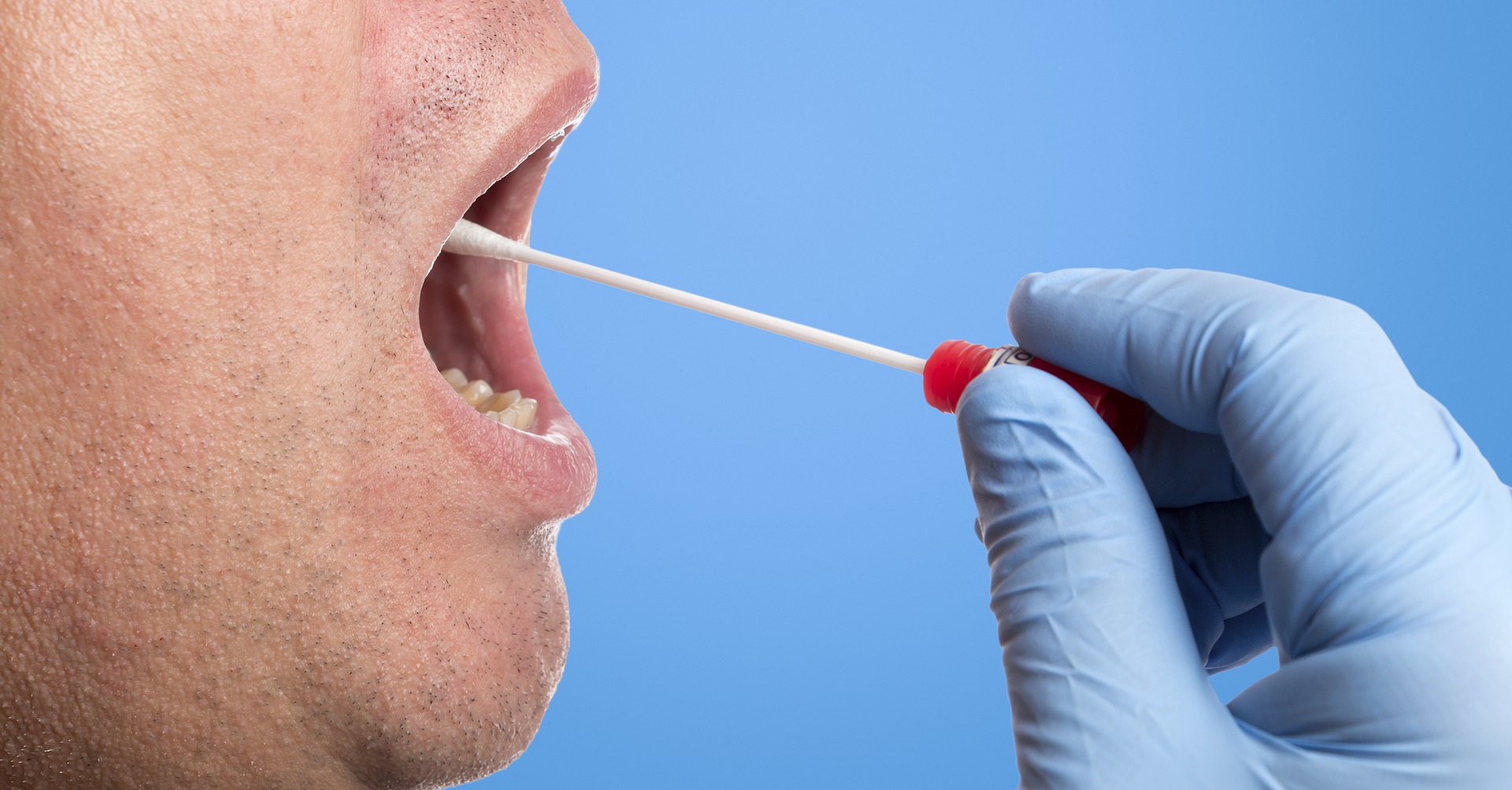Today, the Japanese government said that it has approved saliva-based tests for the detection of COVID-19, the infection caused by the new coronavirus.
The saliva-based test offers a safer, simpler way to diagnose COVID-19, which uses polymerase chain reaction (PCR) technology.
Officials said the government has allowed the use of the saliva-based test to boost the number of coronavirus detection.
In Japan, the officials are currently using nasal swabs as the main source for PCR tests.
Air droplets from coughs and sneezes during sample collection could expose health workers to the infection, making it essential for them to wear full protective gear while taking samples.
The Japanese health ministry said the saliva-based PCR test could be given to patients who have had symptoms for up to nine days. However, it was unclear how much the change will boost the overall testing capacity.
Japan’s Health Minister Katsunobu Kato told reporters, “This will vastly reduce burdens on patients as well as burdens that come with infection-prevention steps on the part of sample-collecting institutions.”
It has been found that Japan is much behind other industrialized countries when it comes to the number of coronavirus testing. Experts said the low rate of testing in Japan has made it difficult to trace the spread of the virus, leading to a series of in-hospital infection clusters.
As of May 20, Japan conducted 3.4 tests per 1,000 people, which is far below Italy’s 52.5 and the United States’ 39, according to the Oxford University data. South Korea has conducted 15 tests per 1,000 people.
So far, Japan has reported more than 16,880 coronavirus cases, with over 890 death, according to the worldometers.info. Japan has escaped an explosive COVID-19 outbreak; however, it has tipped the world’s third-biggest economy into recession, sending Prime Minister Shinzō Abe’s popularity to multi-year lows.























